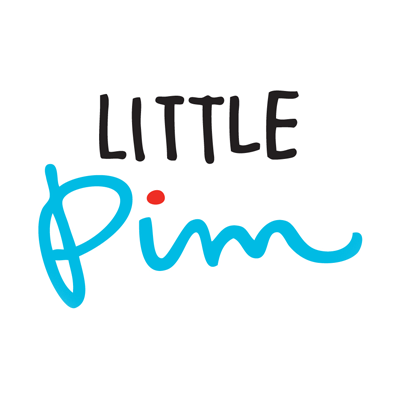Bilingualism: Benefits of Learning Arabic
There are many articles stating the benefits of being bilingual, but not many go into the benefits of being bilingual in a certain language. If you are teaching your child another language anyway, why not choose one that will improve their future career opportunities, such as Arabic? Here are a few ways that learning Arabic will enhance your child's future. Commonality
Arabic is the national language of 20 countries and is the fifth most spoken language in the world. By teaching your child Arabic, you will be giving her the ability to communicate with over 300 million people. The majority of native speakers are concentrated in the Middle East, but with Arabic being the language of Quran, Muslims all over the world speak the language.
High Demand
With the increasing importance of the Middle East in international affairs, there is a growing demand for speakers of Arabic. Few Westerners ever attempt to learn the language, so there is little supply to meet the demand. Those who know the language are needed in many fields including journalism, translation, education, intelligence, and government service.
Financial Incentives
Arabic has been declared a language of strategic importance. Not only will many careers offer a hiring bonus or higher salary to those who speak it, but the National Strategic Language Initiative also offers scholarships and more learning opportunities, including study abroad programs.
Culture
The Middle East has a rich and fascinating culture. Be it the food, literature, music, or history, culture is a lot more interesting to explore in its native language. Arabic-speaking countries have also made significant contributions to medicine, science, and philosophy over the centuries. Much of this learning, along with that of the Roman, Greek, and Byzantine empires, has been preserved in Arab libraries.
Intercultural Understanding
Most of your child's exposure to Arabic culture is likely to be through negative media representations or one-sided stereotypes in films. These false representations can create feelings of mistrust towards Muslims and the Arabic people. With over 3.5 million people of Arab heritage residing in the U.S and over half of them reporting experiencing racial discrimination, teaching your child about their culture can potentially minimize conflict.
What are you waiting for? Get started teaching your child Arabic today! If you have any tips or experiences teaching your little ones Arabic, please comment below.

